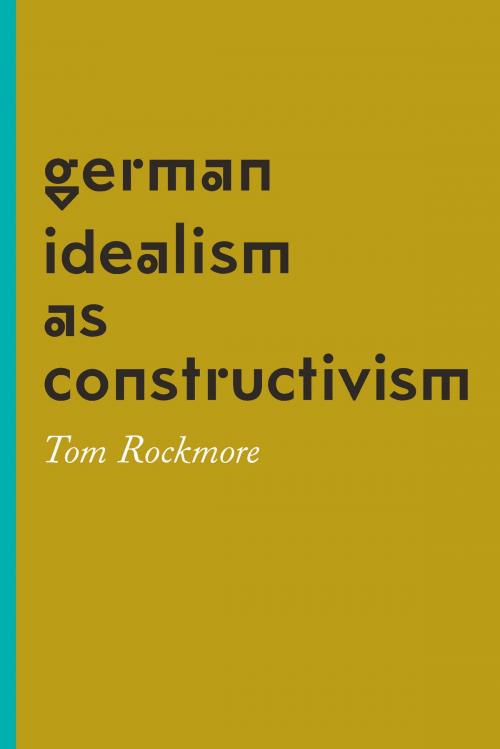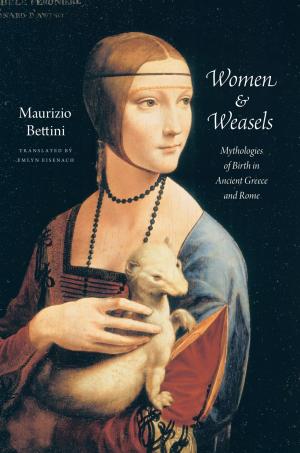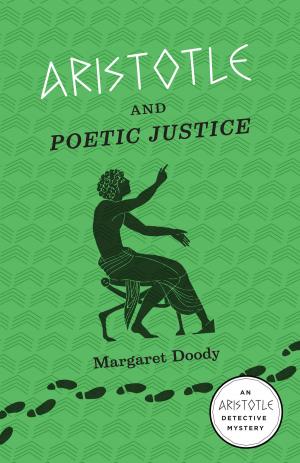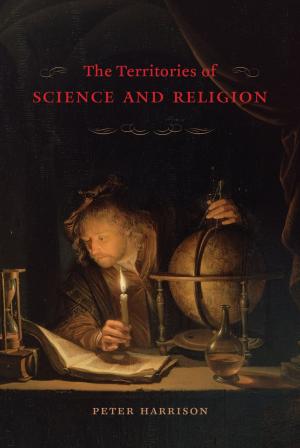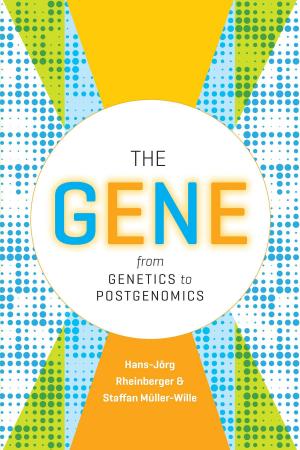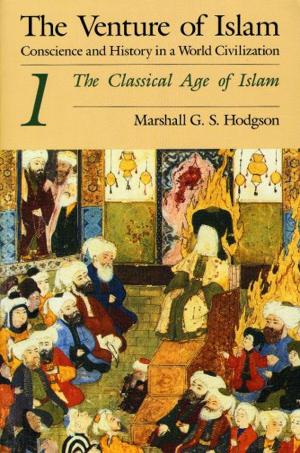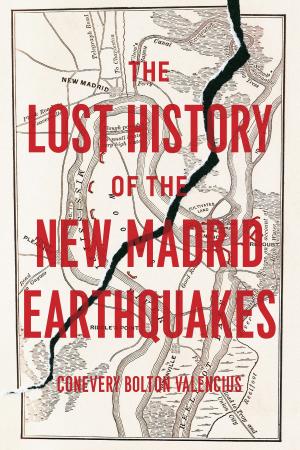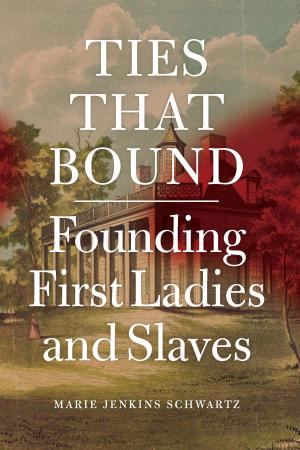German Idealism as Constructivism
Nonfiction, Religion & Spirituality, Philosophy, Epistemology, Modern| Author: | Tom Rockmore | ISBN: | 9780226350073 |
| Publisher: | University of Chicago Press | Publication: | May 3, 2016 |
| Imprint: | University of Chicago Press | Language: | English |
| Author: | Tom Rockmore |
| ISBN: | 9780226350073 |
| Publisher: | University of Chicago Press |
| Publication: | May 3, 2016 |
| Imprint: | University of Chicago Press |
| Language: | English |
German Idealism as Constructivism is the culmination of many years of research by distinguished philosopher Tom Rockmore—it is his definitive statement on the debate about German idealism between proponents of representationalism and those of constructivism that still plagues our grasp of the history of German idealism and the whole epistemological project today. Rockmore argues that German idealism—which includes iconic thinkers such as Kant, Fichte, Schelling, and Hegel—can best be understood as a constructivist project, one that asserts that we cannot know the mind-independent world as it is but only our own mental construction of it.
Since ancient Greece philosophers have tried to know the world in itself, an effort that Kant believed had failed. His alternative strategy—which came to be known as the Copernican revolution—was that the world as we experience and know it depends on the mind. Rockmore shows that this project was central to Kant’s critical philosophy and the later German idealists who would follow him. He traces the different ways philosophers like Fichte, Schelling, and Hegel formulated their own versions of constructivism. Offering a sweeping but deeply attuned analysis of a crucial part of the legacy of German idealism, Rockmore reinvigorates this school of philosophy and opens up promising new avenues for its study.
German Idealism as Constructivism is the culmination of many years of research by distinguished philosopher Tom Rockmore—it is his definitive statement on the debate about German idealism between proponents of representationalism and those of constructivism that still plagues our grasp of the history of German idealism and the whole epistemological project today. Rockmore argues that German idealism—which includes iconic thinkers such as Kant, Fichte, Schelling, and Hegel—can best be understood as a constructivist project, one that asserts that we cannot know the mind-independent world as it is but only our own mental construction of it.
Since ancient Greece philosophers have tried to know the world in itself, an effort that Kant believed had failed. His alternative strategy—which came to be known as the Copernican revolution—was that the world as we experience and know it depends on the mind. Rockmore shows that this project was central to Kant’s critical philosophy and the later German idealists who would follow him. He traces the different ways philosophers like Fichte, Schelling, and Hegel formulated their own versions of constructivism. Offering a sweeping but deeply attuned analysis of a crucial part of the legacy of German idealism, Rockmore reinvigorates this school of philosophy and opens up promising new avenues for its study.
